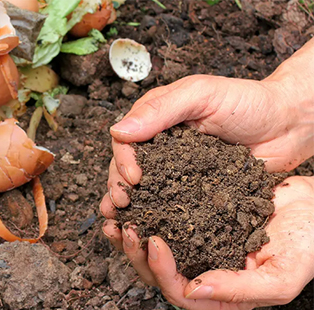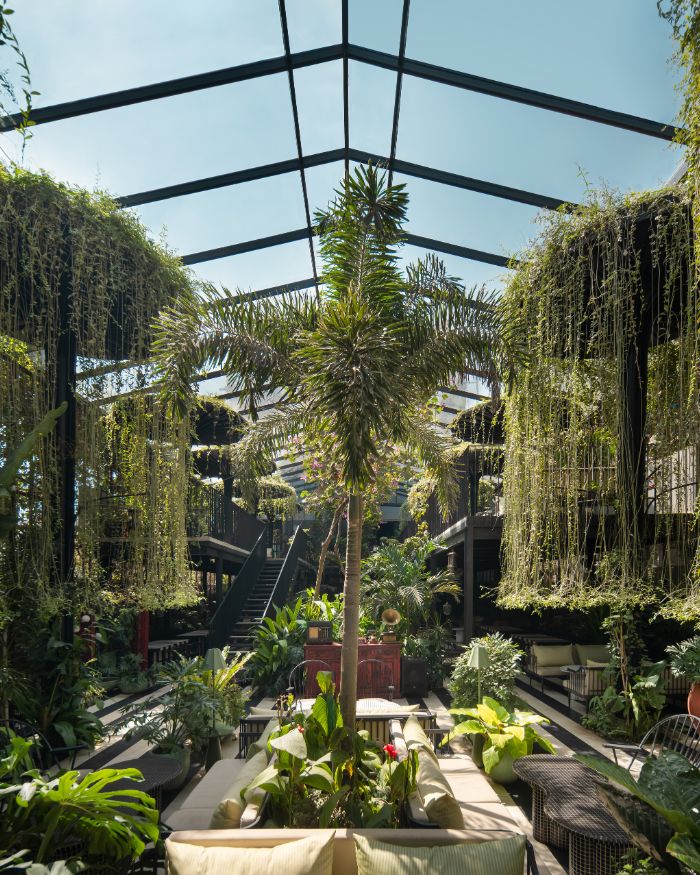The idea of a sustainable lifestyle is about living in a way that supports a healthy body and mind, while also ensuring a salubrious planet, in the present and for posterity. So, on a fundamental level, sustainability is a combination of healthy food and a healthy mind. If we can all cultivate non-toxic, fresh greens in our gardens by using natural compost as fertilizer, we have already taken a big step towards sustainable living. Fertilizer made of compost improves the quality of soil by restoring moisture, air and nutrients—it also reduces the amount of water required for gardening, thereby helping conserve the precious resource. Comprising dry leaves, cut grass and organic kitchen waste, compost minimises the release of methane gas in the environment and replenishes the nutrients in the soil, which is essential for the optimal growth of plants.
Overuse of chemical fertilizers can lead to leaf scorch, where vegetation withers and dies prematurely. It also results in the acidification of soil, rendering it inorganic and mineral deficient. Such chemical effluents contaminate the groundwater reserves and give rise to severe illnesses in humankind as well as animals. Natural, nutrient rich fertilizers inject a host of micro-organisms into the soil—fungi and bacteria—which aerate the soil, making it healthier. This maintains the overall ecosystem and goes a long way in protecting the health of the planet. When we look at some of the healthiest populations on Earth (such as in Sardinia, Ikaria in Greece, and Okinawa in Japan) with the highest number of people living over a 100 years of age, we find that they all have something in common. People in these countries are living life the way it was meant to be lived—simply, locally and actively, with work-life balance, relaxation and communal harmony.
The need of the hour is to have a healthier lifestyle, which in turn will reflect in cleaner air and water; to eat non-toxic, wholesome food and live mindfully, in sync with nature. With that inspiring thought in mind, here are three tips to make compost at home:
Utilise all your kitchen and household organic waste. Green and brown waste makes good compost. However, avoid dairy and meat waste, even though they are organic in nature, as they tend to attract pests and release foul odours.
Use any organic peels such as banana, orange or any kind of rinds, unless you feel they have pesticides on them that could render your compost harmful.
Add garden soil to your compost to help mask any odours; the micro-organisms in the soil will accelerate the composting process.














